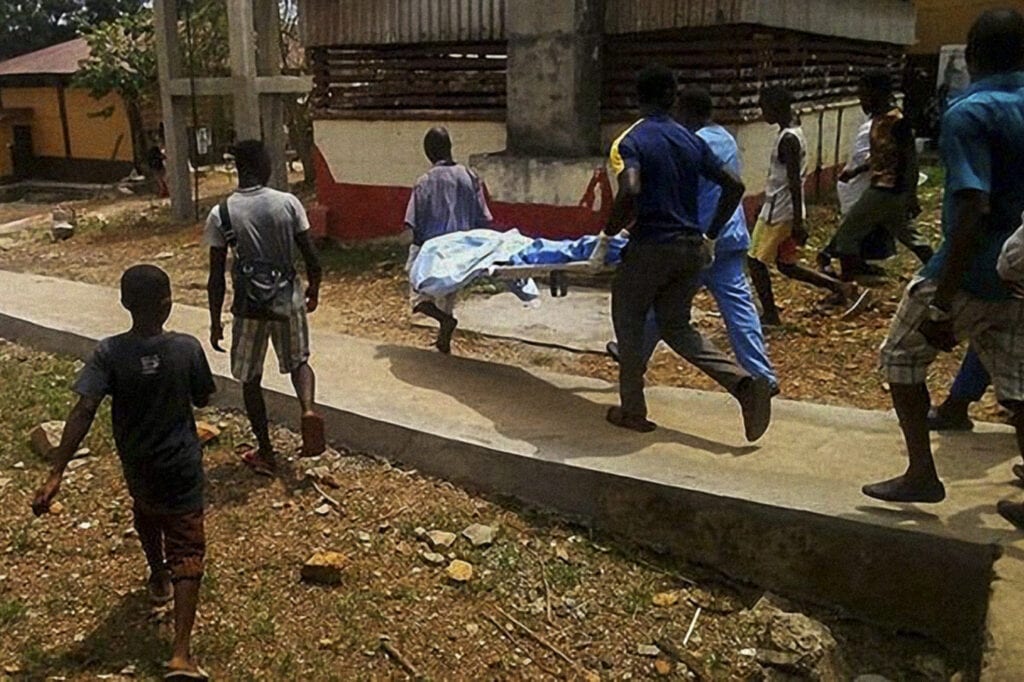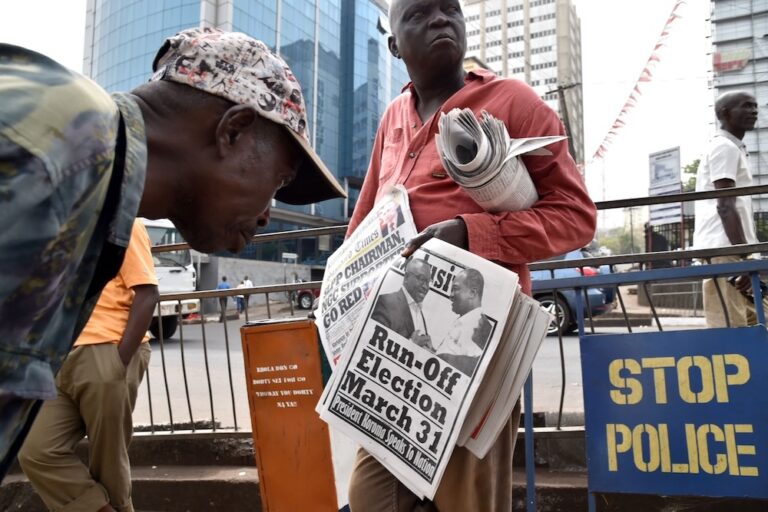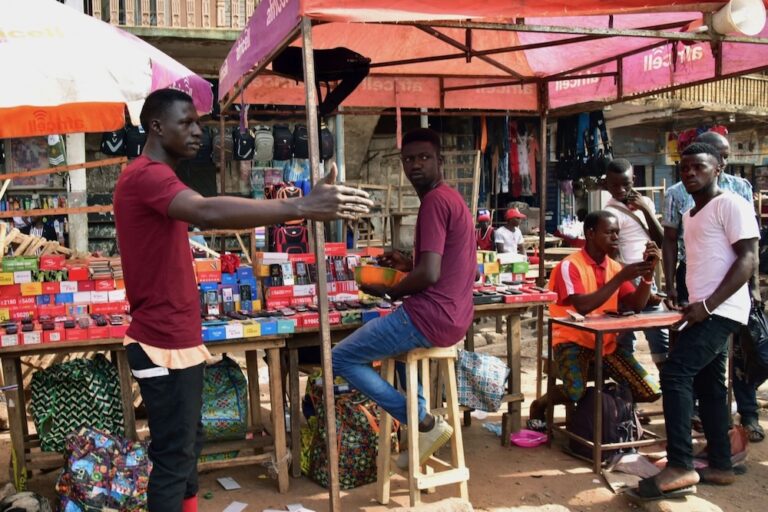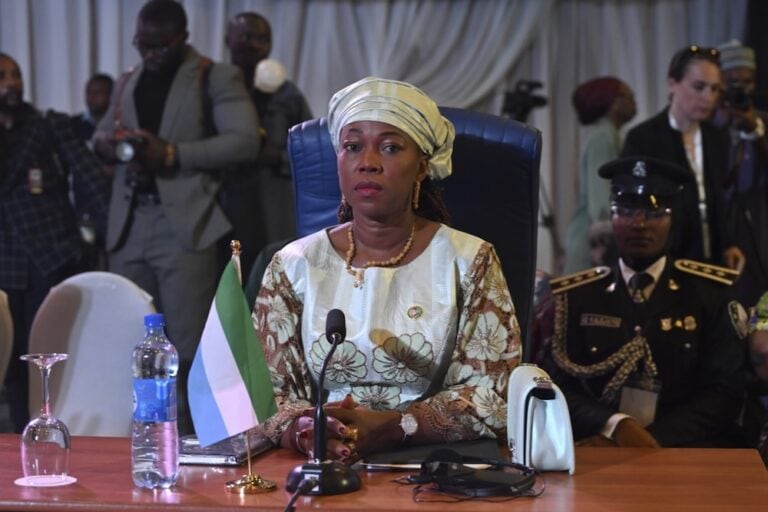Mohamed Morlu has been awarded $25,000 as compensation for injuries he sustained during a police crackdown on demonstrating students in March 2017.
This statement was originally published on mfwa.org on 4 March 2024.
The ECOWAS Court of Justice has ordered the Republic of Sierra Leone to pay $25,000 as compensation to Mohamed Morlu, a Sierra Leone citizen, who suffered gunshot wounds during a police crackdown on demonstrating students in March 2017.
The judgement, delivered on 28 February 2024, found the Sierra Leonean government guilty of violating the fundamental human rights of the applicant. The Court ordered that the government must bear the cost of any surgery needed to remove the bullet from the gunshot, which is still stuck in the Applicant’s abdomen. The Regional Court also ordered the government to investigate the incident to find and prosecute the officers who shot the Applicant, as well as take measures to properly train its law enforcement officers on crowd control.
A press release by the Court dated 28 February 2024, said “The Court rejected the Respondent’s claim that Morlu was injured accidentally, finding that the firing of live ammunition into the crowd of protesting students by the police was unjustified.”
Justice Edward Amoako Asante, who delivered the judgement, declared that the Sierra Leonean state violated Mr Morlu’s right to security of the person, freedom from torture, the right to an effective remedy, in contravention of the provisions of the African Charter on Human and People’s Rights, the International Covenant on Civil and Political Rights, and the Convention against Torture.
Mr Morlu was a student at Njala University in Bo City, Sierra Leone, in March 2017 when a four-month strike by lecturers at the University disrupted academic work. On 23 March 2017, students at the University went on a third protest march to present their grievances to the Ministry of Education. In an attempt to disperse the demonstrators, officers from the Operation Support Division (OSD) of the Sierra Leone Police Force fired shots into the crowd, injuring Morlu and other students, with one fatality reported. Mr Morlu was hospitalised, underwent surgery, and later sought medical treatment in Ghana due to complications from the bullet.
The Court rejected the Respondent’s claim that Morlu was injured accidentally, finding that the firing of live ammunition into the crowd of protesting students by the police was unjustified. The Court also upheld the Applicant’s case that he suffered torture and that the Respondent failed to provide effective redress by investigating, identifying, and prosecuting the perpetrators.
The panel of judges were Justice Edward Amoako Asante, Judge Rapporteur for the case, and Justices Gberi-Bè Ouattara and Sengu M. Koroma.
The decision is a watershed intervention, especially as the trend of brutal suppression of public protests continues unabated in West Africa. In Sierra Leone itself, the police went on a similar rampage against protesters on 10 August 2022, with media reports initially recording three deaths. The true number of victims, however, came to light when the government organised a mass funeral for 27 two months later.
There have been similar crackdowns resulting in dozens of protester fatalities in Nigeria, Senegal and Guinea in recent times. The Media Foundation for West Africa (MFWA), therefore, hails the court verdict as a milestone progress in the fight against impunity for the epidemic of police brutalities against protesters in West Africa.
Read the full verdict here.



